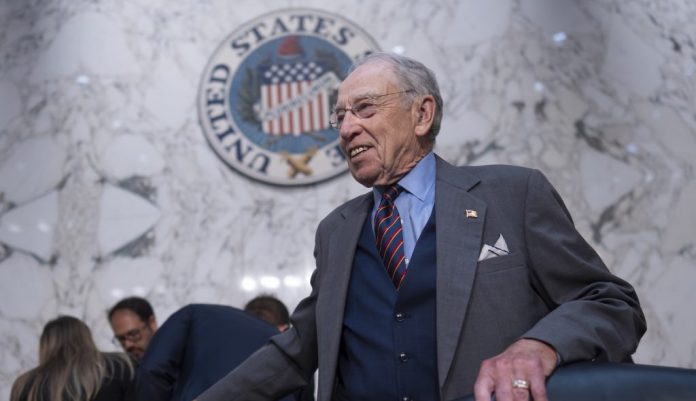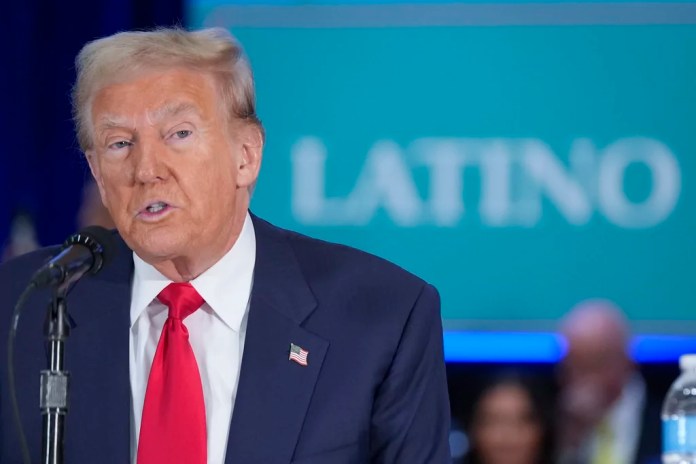1793-2023: An Overview Of Contested Speaker Elections
The ongoing battle for the office of Speaker of the House crossed another historical milestone today as Republican Leader Kevin McCarthy came up short once again in the 11th round. The election for speaker has not gone past 1 ballot in the last 100 years, and ballots have not reached into double digits since the Civil War.
Despite the political melodrama, contested elections for speaker are not unprecedented in American history — fully ⅓ of the first 30 Congresses did not select their Speaker of the House on the first ballot, although the majority of these contests were settled in the 2nd or 3rd round. Only four lasted into the double digits, and only two took more ballots than the election of 2023. In 1819, the Speaker was decided on the 22nd ballot, and in 1821, the contest was decided in the 12th round.
Courtesy of History.house.gov
In this period of American history, the parties were less ideological and more coalitions of various interests, and party apparatuses were by necessity more decentralized, so some division and last minute leadership struggles were much more likely — battles within our early parties for control of the gavel were not earth shattering events.
Tensions in Congress became substantially higher in the lead up to the Civil War, as regional divisions became more and more inflamed and recriminations over the issue of slavery became more intense. The antebellum Whig Party, which had been a dominant force in American politics for decades, was in the process of fracturing as strong anti-slavery elements of the party were dissatisfied with its various compromises with the slave owning south — its disparate descendants (The American Party, the Opposition Party, the Free Soil Party, the Know Nothing Party, etc) would struggle for dominance over the next decade until the Republican Party emerged victorious.
Many of these leadership struggles took place in the House, where the much more populous free states of the North had greater representation.
Grudge match Speaker elections are something of a Republican Party tradition.
Between 1849 to 1860, half of all Congresses failed to elect a Speaker on the first ballot.
In 1849, the Democrats had won a plurality of 113 seats in the 31st Congress, but fallen short of the 117 majority threshold. The Whigs had won 107, but their breakaway factions in the Free Soil and Know Nothing (so named because when their supporters were asked questions about their policies, they would often respond “I know nothing”) had won 10 seats, and if the anti-Democratic forces could coalesce, they would have been able to wrest control of the gavel away from the Democrats.
Instead, both parties saw defections in a bitter, drawn-out election that lasted for over 19 days across 63 ballots. After 59 attempts, Congress agreed that if no majority could be reached in the next three ballots, the contest would be settled by a plurality rather than a majority vote (this has been floated by some as a possible solution to our current standoff).
However, even with the threat of a Democratic victory, the Whigs and their breakaways were unable to coalesce, and Democrat Howell Cobb of Georgia ultimately prevailed with 102 votes — the three leading anti-Democrat candidates had a combined count of 111.
The 34th Congress was even more chaotic. In the aftermath of the Kansas-Nebraska Act of 1854, which had scrapped the Missouri Compromise to allow slavery north of the Mason-Dixon Line, the Whig Party had completely imploded. Control of the House was split between the American (Know Nothing), Opposition (a fusion of Republicans, Free Soilers, and a few intransigent Whigs), and Democratic Parties, none of whom had anything close to a majority. Once again, the combined anti-Democratic coalition did have a majority, this time an overwhelming one, but with no unified structure, they struggled to rally behind a leader.
Six members of the Opposition bloc and three members of the American bloc were nominated for Speaker on the first ballot, alongside two Democratic candidates. The knock-down, drag-out slugfest for the Speaker’s gavel would last for a grueling two months, and 135 candidates for the office received votes over the course of 133 rounds.
“This is not a mere contest as to a Speaker of the House; it is but an incident in a long and arduous struggle which is to determine whether slavery will be the pole star of our National career,” Horace Greeley, founder of the New York Tribune, noted at the time.
Once again, spirits flagged and the Congress consented to a plurality vote once it was clear that no majority could be reached. But, while a Democrat had won a sizable plurality in the first round, the anti-slavery factions were able to rally around the Know Nothing Congressman Nathaniel Banks of Massachusetts as a compromise candidate. Banks
" Conservative News Daily does not always share or support the views and opinions expressed here; they are just those of the writer."





